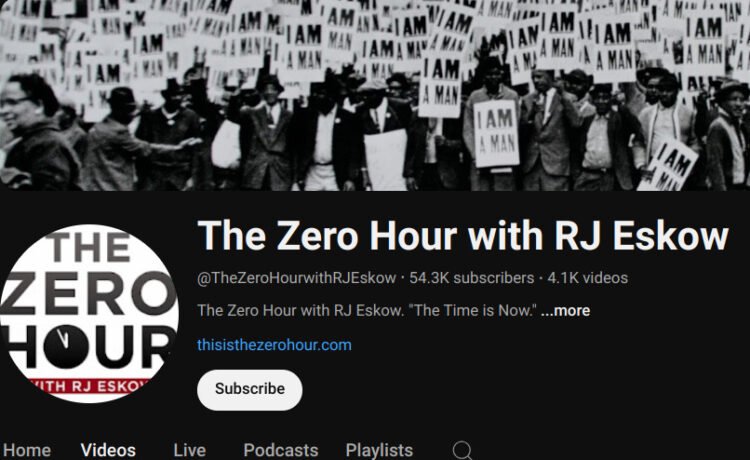Yves here. As you can see from Tom Neuburger’s snippets below, his discussion with Richard Eskow went well beyond the Ukraine conflict.
I did not cross post his underlying Putin, Ukraine and War post because it intended for another audience and I don’t think readers here would have been all that sympathetic with what Neuburger was trying to do. He gave an exceedingly cautious and limited version of the Russian, and increasingly, Global South, as in Russia’s reasons for launching and continuing it. It came off as defensive, as if he was expecting a lot of resistance from what I have to think are orthodox leftists, the sort that among other things still believes fervently in Russiagate.
By Thomas Neuburger. Originally published at God’s Spies
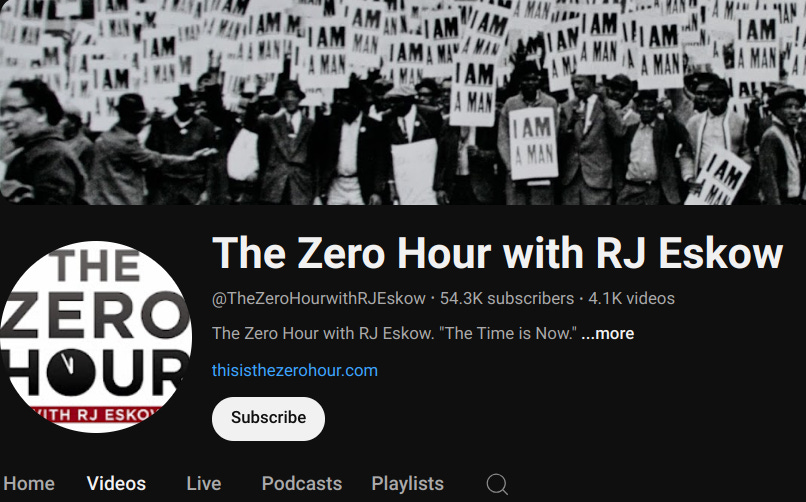
Earlier this month I printed a piece called “Putin, Ukraine and War” that talked about the two ways of framing the Ukraine conflict as seen through American eyes.
Putin, Ukraine and War
SEP 11
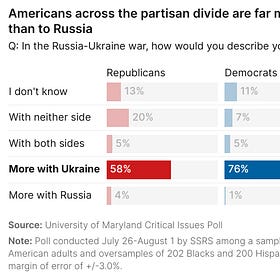
Richard Eskow, host of the program The Zero Hour, asked me to speak about these and related issues recently. That interview is below.
We touched on a range of topics, from the Democrat Party’s embrace of war to Benjamin Franklin’s concept of property. I hope you enjoy it.
The Zero Hour could use your support. One way is to subscribe here.
Russia’s Proposed New Nuclear Policy
Those who are interested in proposed recent changes to Russia’s nuclear policy can read this description. Carl Biejer calls this change “closing the proxy-war loophole.”
Before, Russia would consider using nuclear weapons only when in direct conflict with other nuclear powers, even if their suppliers were nuclear states. The new policy, in Putin’s words, says, “It is proposed that aggression against Russia by any non-nuclear state, but with the participation or support of a nuclear state, be considered as their joint attack on the Russian Federation” (emphasis mine).
That means us.
What Is ‘Property’?
About Ben Franklin’s concept of property, which I mentioned, consider this from his letter to Robert Morse, written Christmas Day, 1783:
All Property, indeed, except the Savage’s temporary Cabin, his Bow, his Matchcoat, and other little Acquisitions, absolutely necessary for his Subsistence, seems to me to be the Creature of public Convention. Hence the Public has the Right of Regulating Descents, and all other Conveyances of Property, and even of limiting the Quantity and the Uses of it. All the Property that is necessary to a Man, for the Conservation of the Individual and the Propagation of the Species, is his natural Right, which none can justly deprive him of[.]
By “Savage” Franklin means the American Indians; in other words, people of a tribal, familial, hunter-gatherer culture. Prehistoric man, in other words. The savage’s “temporary Cabin, his Bow, his Matchcoat, and other little Acquisitions, absolutely necessary for his Subsistence” are what we would call “personal property” in the narrowest sense — my clothes, my personal belongings, my tools.
All other property, like land and territory, is “the Creature [creation] of public Convention”; a product of agreement, in other words, or as his letter later says, “the Property of the Publick, who, by their Laws, have created it, and who may therefore by other Laws dispose of it”.
Kurdistan
We talked about “Kurdistan” in the discussion in relation to the concept of property and territory. There’s an autonomous region within Iraq called Kurdistan, but the real Kurdistan — where the actual Kurd people live — is pictured below.
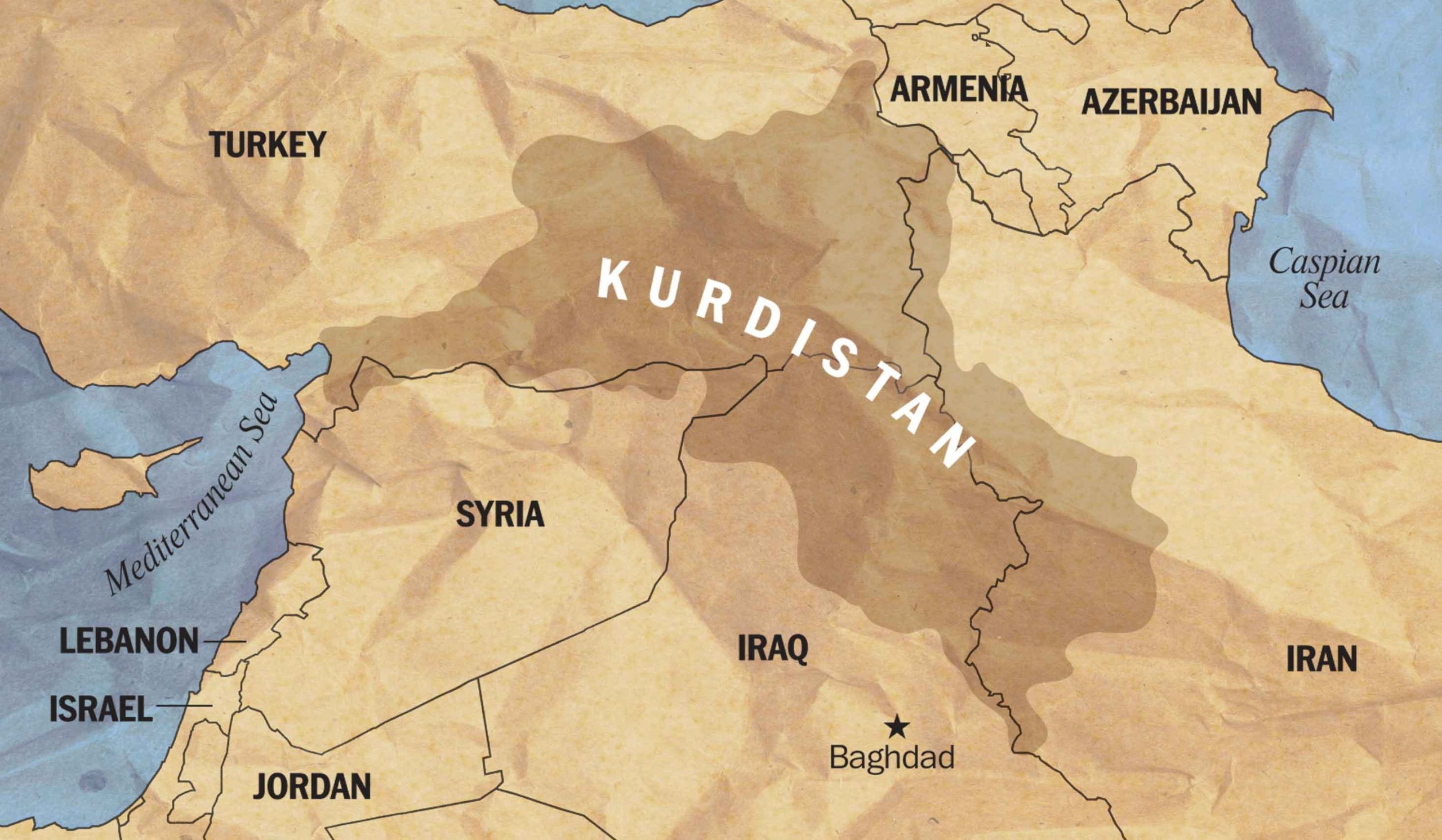
We could have said the same thing about Poland and other modern states.
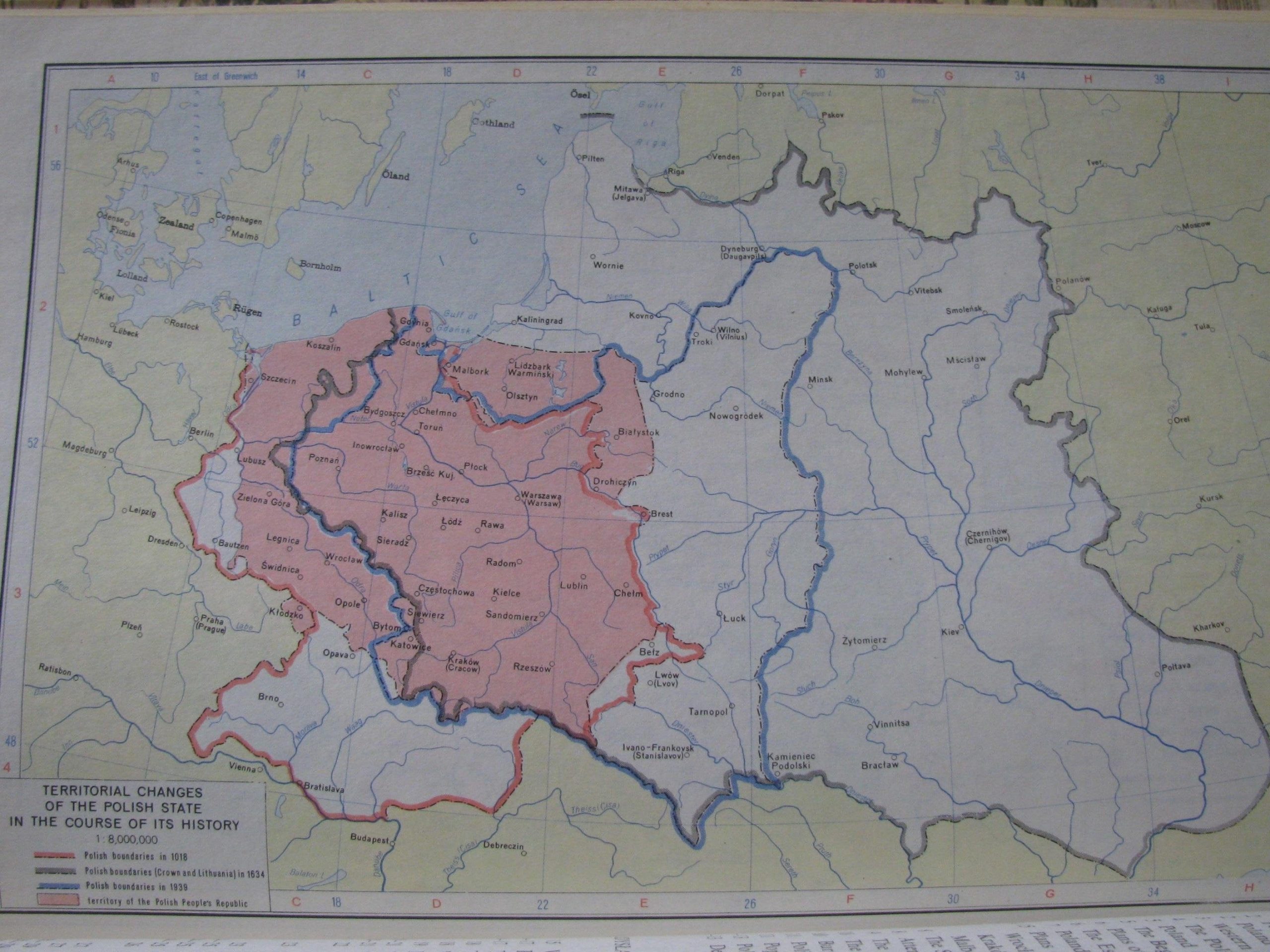
As for today, Germany holds more than a million Polish speakers, and there are quite a few German speakers in Poland.
The War Strain and Peace Strain in America
Those who want to pursue this idea (discussed at more length in the interview) might start with David Hackett Fischer’s 1989 book Albion’s Seed. It looks at the four main British groups that settled the American colonies and what each group brought with them.
These groups were the Puritans, who came from East Anglia and settled in New England; the Cavaliers, monarchists and wealthy landowners from the south of England who settled Virginia and other plantation areas; the Quakers, pacifists from the British North Midlands who settled the Delaware valley; and the independent, warlike Scots-Irish, who settled the southern states and Appalachia.
Puritans and Quakers were generally peaceful. The others were not.
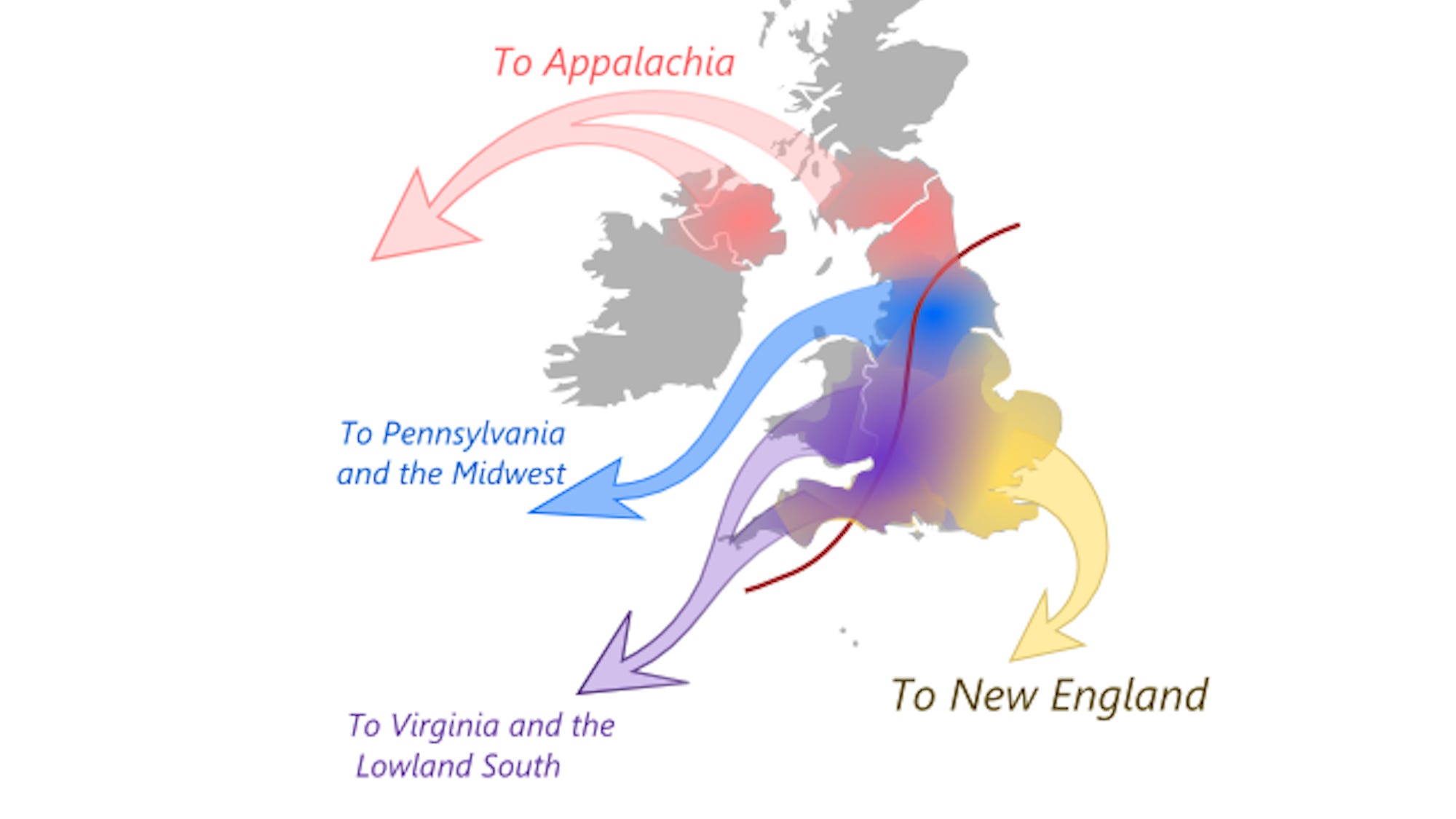
There’s a good general description of these groups here. Joe Klein has a good discussion of what distinguishes these groups here, though he doesn’t address their approach to peace and war. Those ideas are mine, or from a source I can no longer identify.

